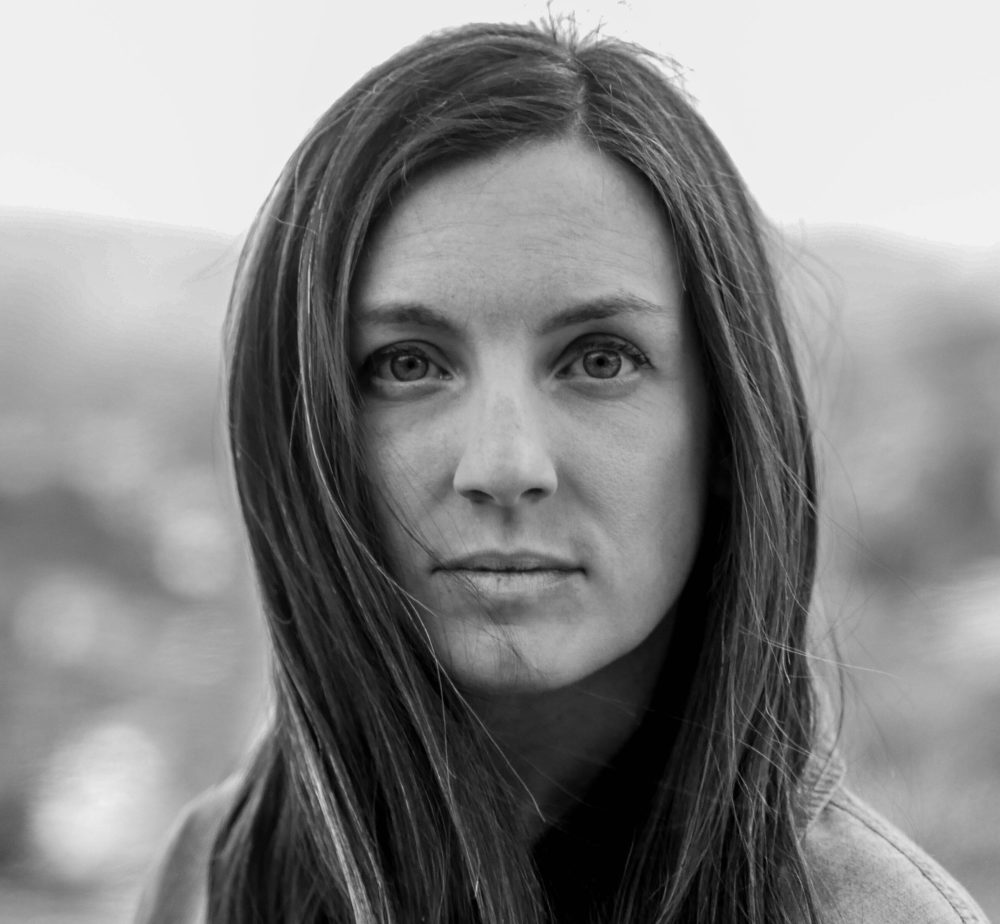
Kate Pickert, assistant professor of journalism, is the author of the new book, “Radical: The Science, Culture, and History of Breast Cancer in America” (Little, Brown Spark).
Pickert was just 35 when she discovered she had an aggressive form of breast cancer. At the time of her diagnosis, Pickert was working as a health care reporter for Time magazine and her journalistic instincts kicked in. She immediately began searching for a book that would help her truly understand breast cancer and breast cancer treatment. But, the book she wanted to read did not exist.
“Within a few weeks of my diagnosis, I knew I would write about my experience and breast cancer more generally,” says Pickert. “I realized that there was an incredible story to be told about science, women’s health, and history.”
Drawing on interviews with doctors, economists, researchers, advocates and patients, as well as Pickert’s own experience, “Radical” pulls together breast cancer history and science into a single book that readers and critics were hungry for.
The book is receiving nationwide attention and praise from The New York Times, The Washington Post, NPR, Glamour, People, and many other outlets.
“Pickert has produced an evenhanded, powerful and unflinching page-turner,” writes Pauline Chen of the New York Times. “This book should be required reading for anyone interested in, as Pickert writes, ‘a disease so common that to know something about it is to know something about humanity itself.'”
During treatment, Pickert continued working on stories for Time magazine and began recording real time reflections on her experience. “Anytime I would feel something emotionally or physically, I investigated why I was feeling that way and what larger forces in the worlds of science and culture influenced my feelings,” says Pickert.
Pickert was also hired to be a professor at Loyola Marymount University while she was in treatment, and began teaching just days after her final radiation session. “Having a new job and a new career focus just as I was emerging from my patient experience was a gift,” says Pickert.
The heavy lifting of putting “Radical” together took place during Pickert’s tenure at LMU and involved LMU students. Two undergraduates, Rachel Haik ’19 and Kaya McMullen ’17, worked with Pickert as research assistants at various points. Amanda Koenigsberg, a graduate student in English, helped with the bibliography.
Pickert’s greatest hope for “Radical” is that her painful and scary experience can help other people.
“Within the story of breast cancer in America are countless episodes that teach us broader lessons about medical culture, women, and the miracle and messiness of science,” she says.



